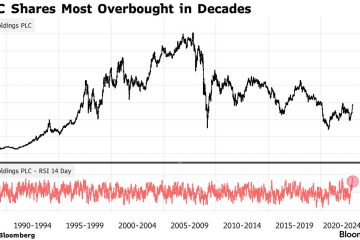The Vanguard: Leading Change in Investment Management

Introduction
Vanguard, founded in 1975 by John C. Bogle, has become a pivotal force in the investment management sector. Known for its commitment to low-cost investing and passive investment strategies, Vanguard has popularised index funds, which allow investors to pool their resources and invest in a diversified portfolio that mirrors an entire market. With over $7 trillion in global assets under management, Vanguard’s influence on the investment landscape is profound, making it a topic of ongoing relevance for investors and financial professionals alike.
The Growth of Vanguard
Vanguard’s model, which prioritises investor interests and cost efficiency, has disrupted traditional active management. In recent years, Vanguard has seen exponential growth, largely due to a shift in investor preference towards passive investing. According to the Investment Company Institute, net inflows into index funds reached over $500 billion in 2022, with Vanguard capturing a significant share of this market.
One of the hallmarks of Vanguard’s success is its unique corporate structure: it is owned by its funds, which in turn are owned by the investors. This structure aligns Vanguard’s interests with those of its clients, ensuring that the company remains focused on providing value to its investors rather than generating profits for external shareholders.
Recent Developments and Innovations
As Vanguard continues to innovate, recent developments include the introduction of new funds targeting specific market needs, such as environmental, social, and governance (ESG) investments. This trend reflects a growing demand from investors for responsible investing options. Additionally, Vanguard has been enhancing its digital platforms to provide investors with superior tools for portfolio management and educational resources.
The company has also been actively involved in advocating for improved savings and investment practices, launching initiatives aimed at educating the public about the importance of long-term investment strategies.
Conclusion
In conclusion, Vanguard stands as a testament to the power of low-cost, passive investing in reshaping the investment management industry. As investor behaviour continues to evolve, Vanguard’s commitment to innovation and education positions it as a leader in addressing the changing needs of the market. Looking ahead, Vanguard is likely to maintain its pivotal role, potentially expanding its services to meet the interests of a diverse and global investor base. For those considering investment options, understanding Vanguard’s approach and its implications on the broader market will be increasingly significant moving forward.







